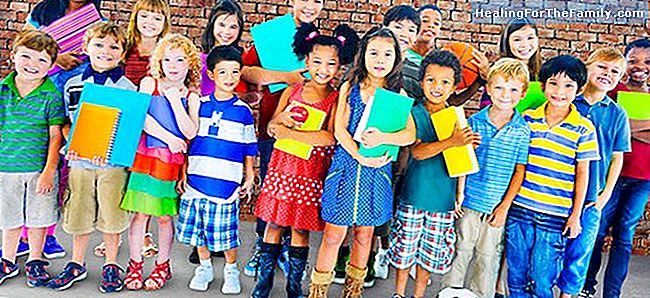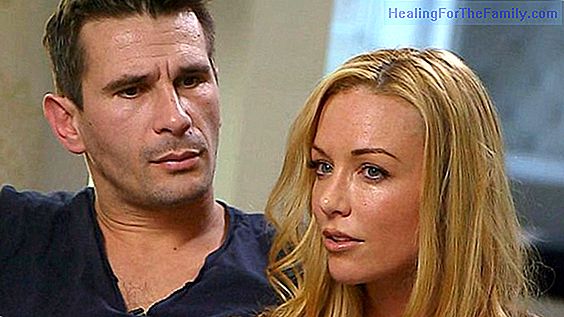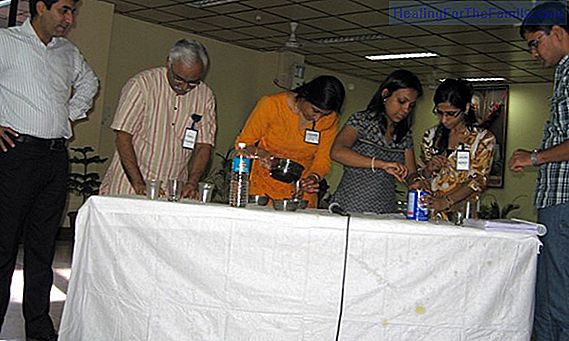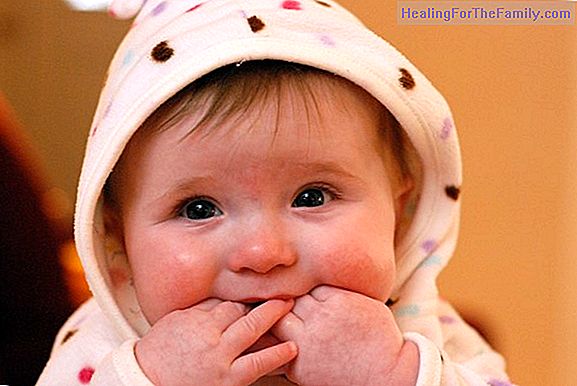Back to school. Advice on adapting children
Going back to school is a change in the routine of many children, while for others, it is their first time. For these changes to occur naturally in the lives of children and not pose a trauma to them, psychologist Elvira Sánchez-Igual, director of communication of AMEI (World Association of Early Ch
Going back to school is a change in the routine of many children, while for others, it is their first time. For these changes to occur naturally in the lives of children and not pose a trauma to them, psychologist Elvira Sánchez-Igual, director of communication of AMEI (World Association of Early Childhood Educators) explains in an interview given in exclusive to GuiaInfantil.com what the period of adaptation of the children consists of and how we should carry it out by combining positions between parents and teachers.
The adaptation of the children in their return to the classes

What is intended by the period of adaptation of the child to school?
The period of adjustment is for the child to pass in the most natural way possible from home, where he or she is the king or queen and their parents are centered on him, to another new environment. If you have previously gone to school and the environment is not new, but it is a change, the adaptation period facilitates that this change takes place in the most natural way possible. That is to say that he goes from an environment where he is the king to another where he has to learn to share, all in a very natural way, very positive and above all very constructive.
How is the routine of this adaptation period?
During the adaptation period it is important that the child establishes a series of routines, because he / she comes from home with a series of schedules and customs, and arrives at the school and has to create new routines. For example, when he arrives in the assembly, he greets all the children, who obviously does not do it when he arrives at his house. We also have to take into account the food: at home eat in one way and in the school we will try to eat another, but in principle we must be very flexible with everything that involves a change in their routines.
How can parents collaborate with teachers in this period of adaptation?
Parents and teachers must go hand in hand in this period of adaptation, because we are both really looking for the same thing, the happiness of the child. The teachers will explain how this procedure will be in the classroom and the parents, on the other hand, we should tell the teacher the peculiarities of each child. We have to go very happy, very positive, with a very constructive attitude and tell the child that he will live a different experience, that he will see his friends, that he will meet new friends, that it will be a very playful experience and fun, and you will learn a lot. In this way, we will spread positivism and joy for children to face in a positive way. If we go with fear or insecurity, children will perceive it and it will be even worse for them.
What advice would you give to parents to prepare children for the return to school?
Back to school we must prepare it together. First, we will explain to the child that, within fifteen days or a week, the holidays are over and we are going back to school. We can go buy them textbooks, backpacks, cases or any other type of school material, so that children are participants in the return to school. We can also try, little by little, to establish new routines, for example if when the school period starts the child has to wake up at 8 o'clock to enter at 9 o'clock, we can go little by little awakening him a little before.
What advice could you give to the parents so that the farewell of the first day is the best possible?
So that the farewell of the first day of a child in the school is as traumatic as possible, our advice is always to dismiss the child with a smile on the lips, because if the child sees that you leave him happy, happy, knowing that he will be at ease, he will be treated well, the child will be happy because he will gain confidence in himself.












